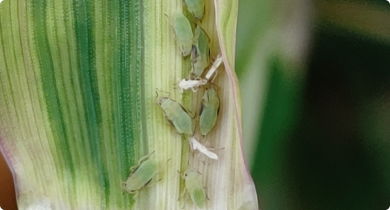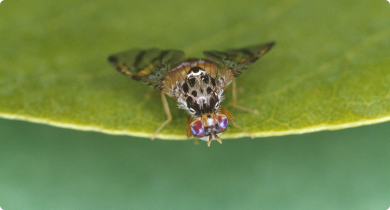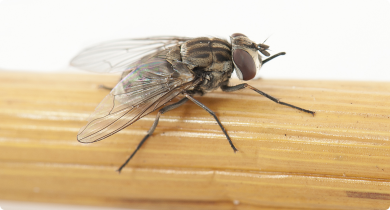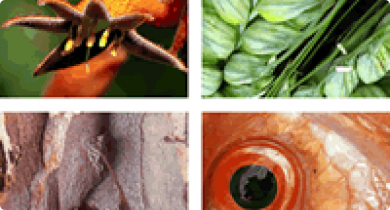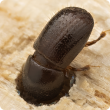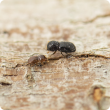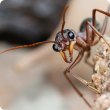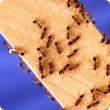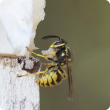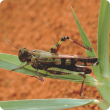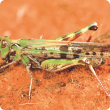Pests
Animal pests, both vertebrates (backbone) and invertebrates (no backbone), can have an adverse impact on agriculture, the natural environment and even our lifestyle. Animal pests may be exotic animals which are introduced, either accidentally or deliberately. Native animals may also be pests in certain situations.
The Department of Primary Industries and Regional Development manages pests in Western Australia through policy development, risk assessment, research and development, provision of technical advice and information, implementation of regulation, emergency response, property inspections, industry liaison, and the planning and coordination of significant species control/eradication programs.
For advice on pests search our website, the Western Australian Organism List or contact our Pest and Disease Information Service (PaDIS).
For diagnostic services, please contact our Diagnostic Laboratory Services.
See Also
Articles
Filter by search
Filter by topic
- Biosecurity & quarantine (9) Apply Biosecurity & quarantine filter
- Biosecurity (9) Apply Biosecurity filter
- (-) Remove Pest insects filter Pest insects
- (-) Remove Invasive species filter Invasive species
- Plant biosecurity (3) Apply Plant biosecurity filter
- Diseases (3) Apply Diseases filter
- Fungi (2) Apply Fungi filter
- Livestock biosecurity (1) Apply Livestock biosecurity filter
- Quarantine (1) Apply Quarantine filter
- Weeds (1) Apply Weeds filter
- Livestock & animals (1) Apply Livestock & animals filter
- Control methods (1) Apply Control methods filter
- Emergency response (1) Apply Emergency response filter
- European house borer (1) Apply European house borer filter
- Intrastate movement (1) Apply Intrastate movement filter

